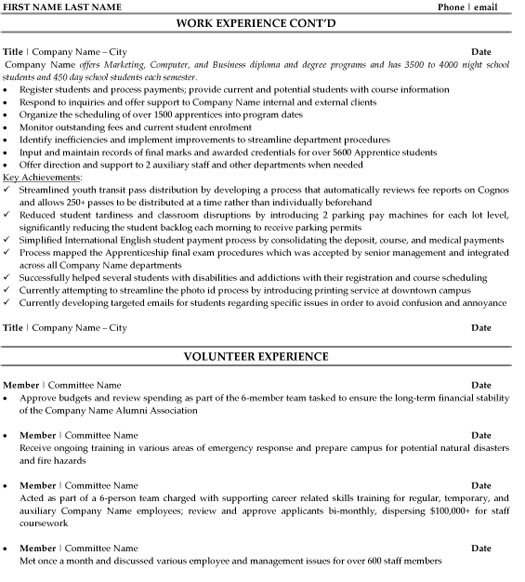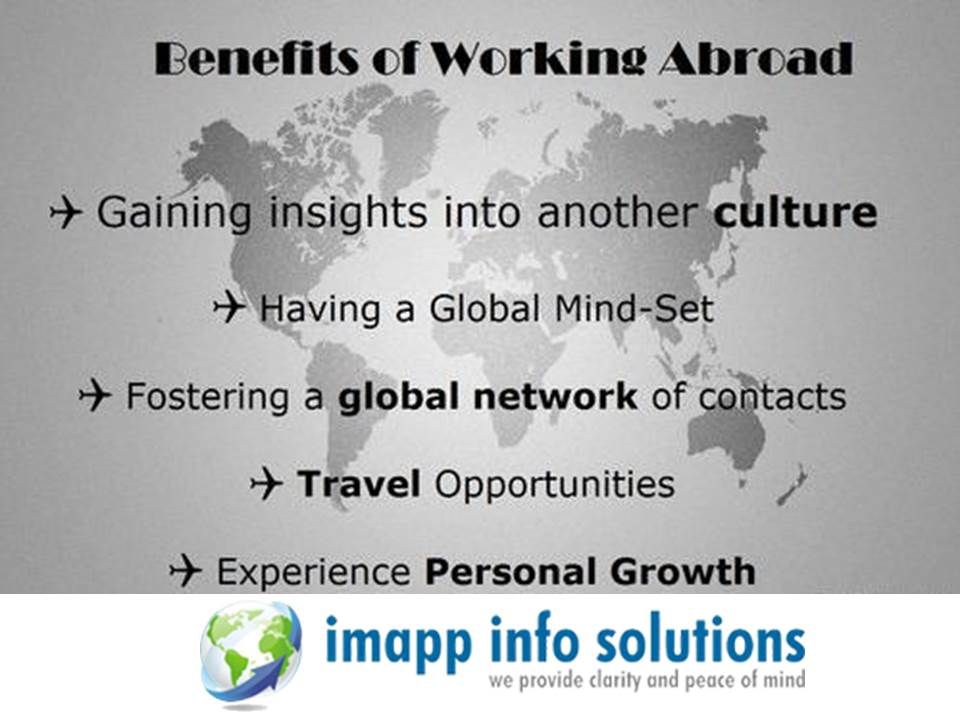
Planning your career involves envisioning where and when you want to work in the future. You might also have to resolve organizational problems or expand your skill sets. It is important that you keep track of your career achievements, set realistic long and short-term goals, and determine the best ways to achieve them. These tips will help you start your career planning.
Goal setting
Setting goals can help you improve your career and personal growth. You can set goals related to your earning potential, promotion, education or creativity. It is crucial to regularly assess your progress towards these goals. You will be able to see the progress you are making and have less difficulty working towards them.
It is important to identify your current goals as well as plan for the future. Your long-term career plans can be complicated to develop when you are just starting your career. You may not know what kind of work you enjoy or what career options are available. Reflecting on your long-term goals will help you decide what you want from your career and work.
Tracking your work achievements
It is important to keep track of your work accomplishments when you are planning your career. You can then show potential employers your achievements and leverage them to get a better salary. It is possible to demonstrate that you have received an award or are a part of an organization. This documentation will also prove your qualifications. This is a great way boost self-esteem and confidence.

One benefit of keeping track your work achievements and information is that you can refer to it during performance appraisals. It can also be useful for building your online profile. You can create a spreadsheet that documents major work accomplishments. It will include a short description, date and the date.
Setting realistic goals for your career in the short-term, as well long-term.
Set short-term as well as long-term career objectives, no matter whether you are a student, an adult working in the field, or just someone looking to pursue a career in that area. The short-term career goals can be smaller and more easily achieved, while the long-term goals take more effort, patience and time.
Long-term career objectives require more planning, commitment and effort because they are more ambitious. It may also take several years to reach them. For example, earning a degree is a common long-term goal, but it can take years to achieve. In general, most people aim to earn a degree as their first long-term goal.
To identify ways to achieve your goals
Planning your career involves identifying the best ways to reach your goals. You can then clarify your long-term as well as short-term goals. For example, if you'd like to become a public speaker, you could take up public speaking courses and learn to speak on stage. For example, you might learn to use programming languages to become a data analyst. The important thing is that your goals are clear and specific.
Goals can relate to different aspects of your lives, such as finances, family, artistic, and personal goals. These goals could be directly related to your career (e.g., a promotion within an organization). Some goals may relate to your family or your health in old age.

Get guidance from a senior employee
Getting guidance from a senior employee can be a great way to develop your skills and explore new opportunities. First, review your job description to determine the career path that you would like to take. Once you have a good idea of your goals, create a plan for your manager and present it. Keep the conversation honest and open so you both know what's best for you.
The upfront investment required by an employer to career path is worthwhile in terms engagement. According to a LinkedIn Learning report, 94% of employees said they would stay with their company if their employers invested in their careers. This is because employees that aren't certain about their career paths are more likely be frustrated at their job and to search for alternatives.